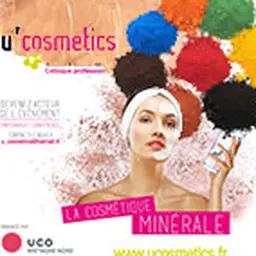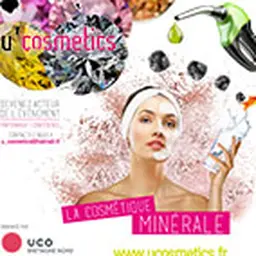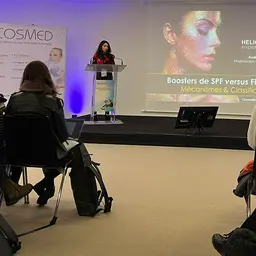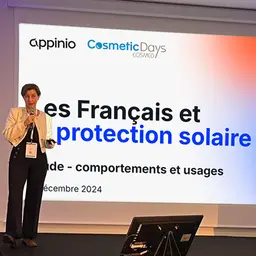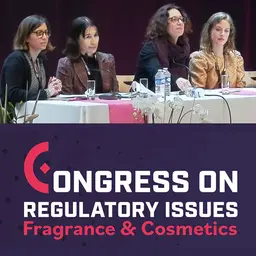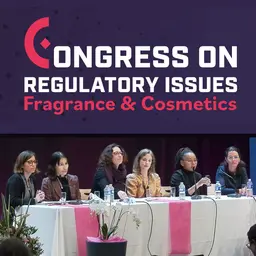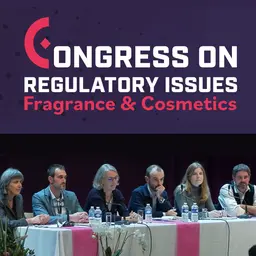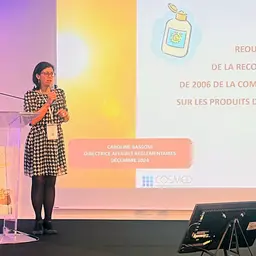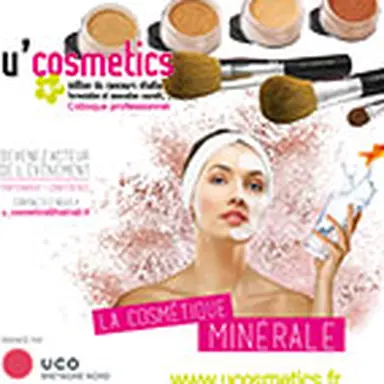
What exactly are mineral cosmetics? At the 8th edition of the U’Cosmetics colloquium organized on March 16, 2017 by the students of University UCO Bretagne Nord in Guingamp, Brittany, Jean-Claude Le Joliff, creator of cosmetics library La Cosmétothèque, endeavoured to define the outline of what this cosmetics branch covers.
To define mineral cosmetics, Jean-Claude Le Joliff started with a series of questions: can a mineral be considered on the basis of its opposition to the organic world? Is it inorganic? Should we understand a mineral cosmetic product as having a mineral nature, being of mineral origin, or having a mineral composition? Or is there something else about it?
It is nothing like that, to him: ‘above all, mineral cosmetics have to do with a marketing positioning, something the cosmetics industry created from scratch, and which uses elements derived from mineral chemistry, but also other types of substances.’
Origins of mineral cosmetics
One of the markers of this evolution are organic cosmetics, in particular when, after developing the first skincare and hygiene products, this sector started thinking about how to make natural-labelled makeup. ‘That is how the concept of mineral makeup was born. Then, it was broadened to the notion of mineral cosmetics,’ Jean-Claude Le Joliff stated.
Certain definitions (like the one you can find on the French Doctissimo website) actually refer to the notion of ‘micronized powders crushed until they turn into tiny particles directly obtained from elements of the Earth like talc, mica, titanium dioxide, iron oxides, zinc oxide, or …

